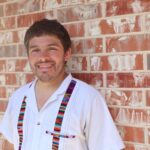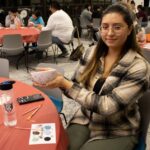Biology professor Megan Wise de Valdez specializes in mosquito ecology and is creating a new standard for San Antonio’s almost non-existent mosquito controlled district.
When Wise de Valdez came to San Antonio and became a professor at Texas A&M University-San Antonio in 2010, she was surprised to find that a city with such a large mosquito population had almost no mosquito control in place. The few that did exist were placed in areas that made little impact on the city at large.
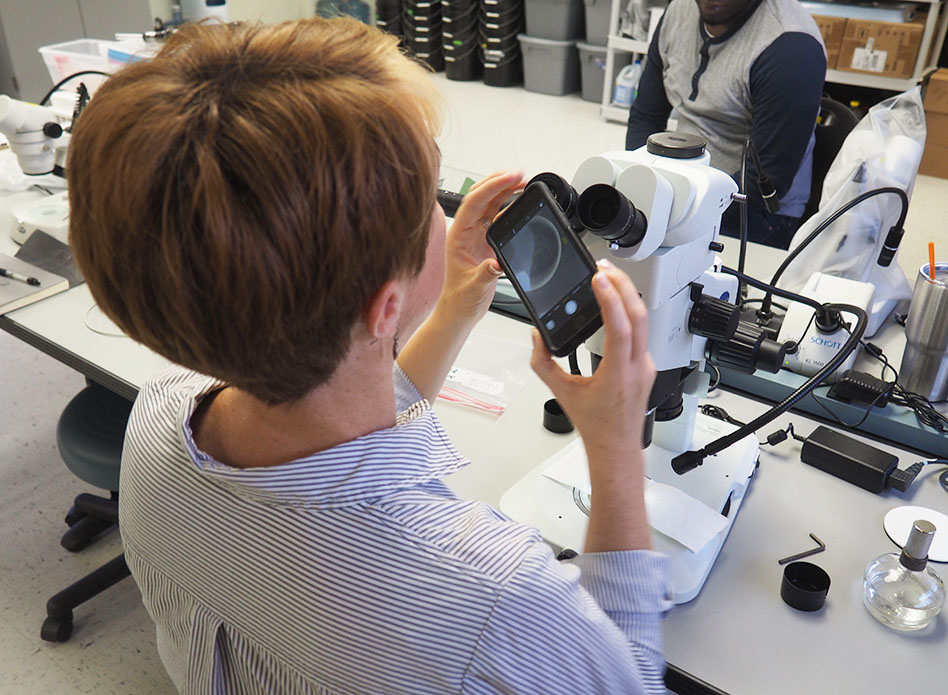
“Most places that have heavy mosquito populations have what is called a mosquito controlled district and it’s usually founded by the county or the city,” Wise de Valdez said.
The Houston metropolitan area for example, located in Harris County, has a robust vector control entity. “They are involved with surveying throughout the whole year, to see their populations where populations are at their highest peak. Then they have to implement spray techniques to control the populations,” Wise de Valdez explained.
Students enrolled in her Research Projects and Biology courses are visiting regions of San Antonio heavily populated by mosquitoes, setting traps to catch the insects and keep track of the breed of mosquitoes caught as well as the amount in each trap.
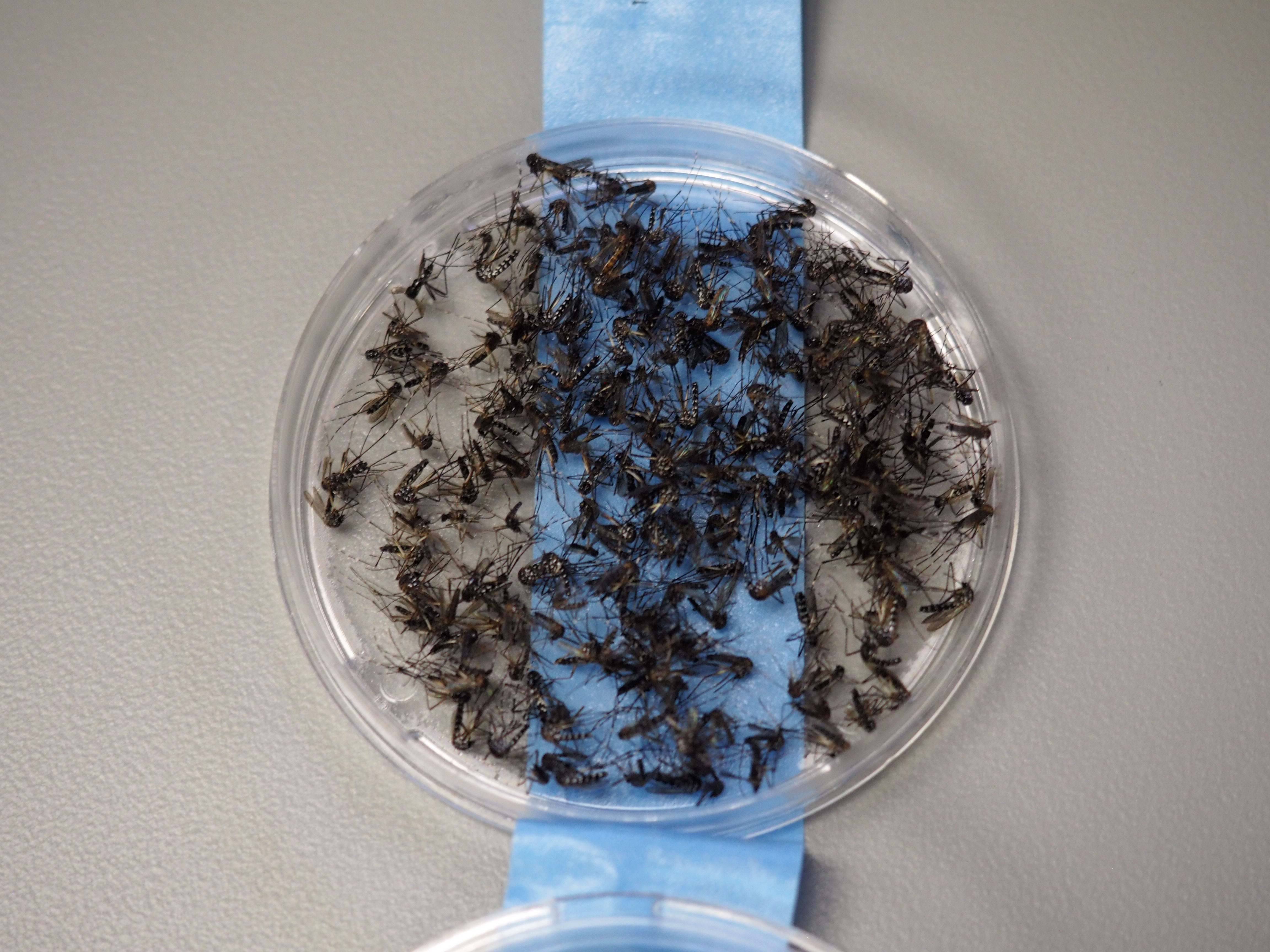
In the past year, the Metropolitan Health District of San Antonio implemented a panel of vector experts, which includes Valdez. The city provided her a $25K grant to conduct surveillance, giving her the freedom to create a presence of mosquito control for San Antonio.
Students interested in Wise de Valdez’ research on parasitic organisms, or those seeking biology credits, can partake in the field experiments she conducts. Invitations are normally provided to students in her classes who perform well. Students can fill out an application for consideration.
“(Students are) usually taking a class called Research Projects and Biology, and they get three credits of research, so it’s really a way to provide an undergraduate research experience for our students,” Wise de Valdez said. “Having research experience is almost a necessity to get a good job.”
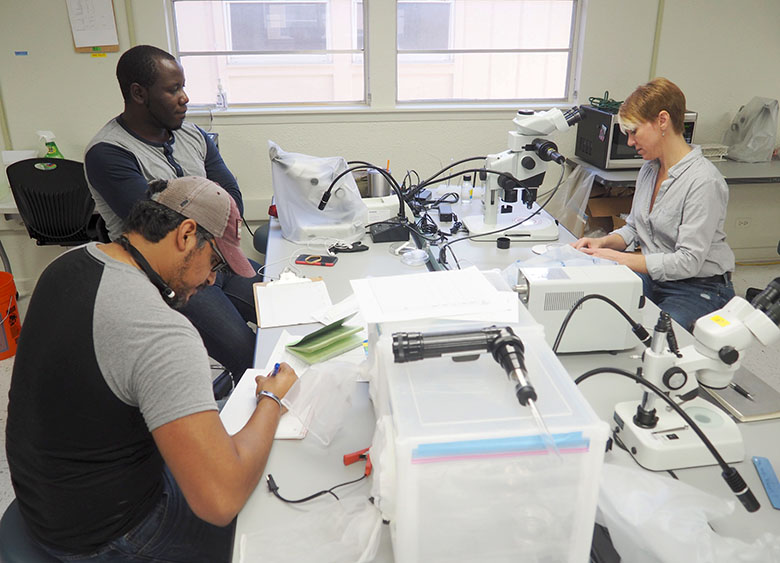
She added that students take a course, or volunteer for the advantages provided by an undergraduate research experience.
Graduate students Oluwaseun Aloba and Joel Obregon, both lab technicians and biology majors, work under Wise de Valdez and conduct field research alongside her. Both say they love the ease of access to Wise’s mentorship and research instruction.
When asked what the best thing was about working under Wise de Valdez, 34-year-old Obregon said hands-on experience.
He added that “being able to work with different equipment and using a lot of low-tech methods of gaining samples as well as analysis and referring from the data of the natural environment,” provides great advantages for students.
“It’s fun,” said Aloba. “You learn under a pressure free environment. You can enjoy yourself and learn new things.”



